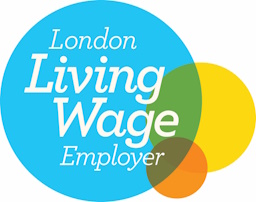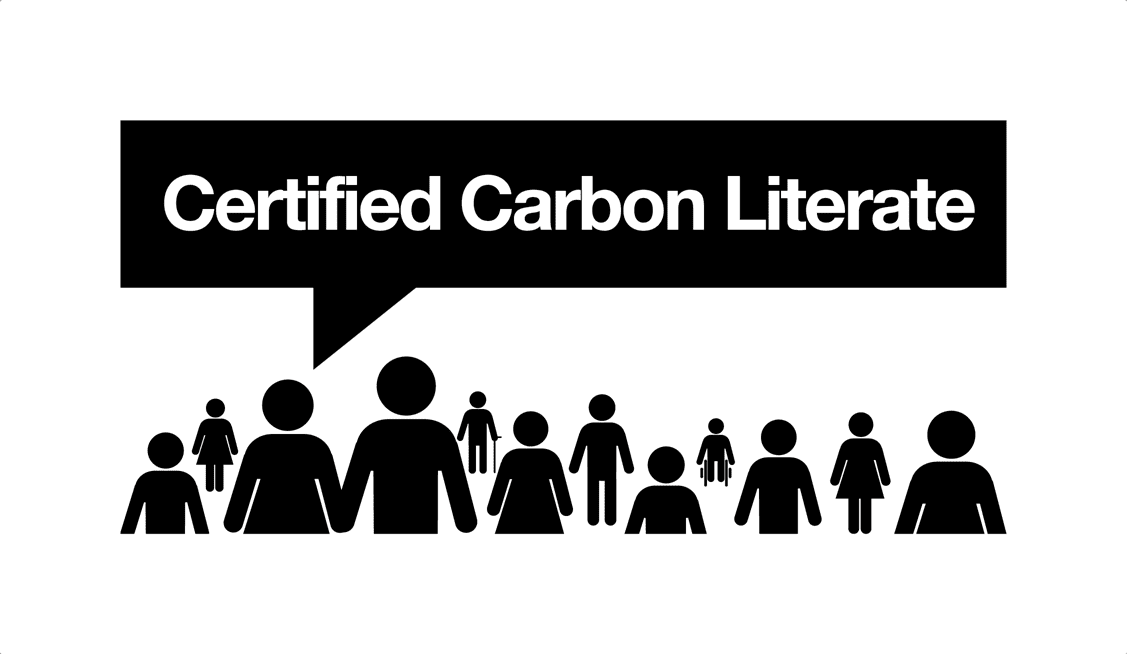Unfortunately, the situation in Ukraine is rapidly turning into a catastrophe. The aggressive nature of the Russian invasion is causing a terrible loss of life and displacement of potentially the largest number of people in Europe since World War II.
If there is a positive to be taken from this horror, it is that the West and many major corporations now seems resolved to defund and cripple the Putin war machine by increasingly punishing sanctions and isolationist actions.
The US has announced a complete ban on Russian oil, gas and coal imports after Ukraine called for sanctions to be expanded. Prime Minister Boris Johnson has also announced that the UK is to phase out Russian oil by the end of the year, and the EU is reducing its Russian gas imports by two-thirds. The UK government says this allows enough time for them to find alternative supplies.
We only currently import around 5-6 percent of our gas from Russia, despite its status as the second-largest gas producer in the world (contributing 17 percent to global gas output in 2020). However, the current energy crisis in the UK is being driven by rising global gas prices and the volatility in this market will continue to affect UK energy costs.
Many European nations have agreed that increasing the use of renewable energy is one of the solutions to reliance on Russian gas. The PM has confirmed that the UK will ‘cease the dependence on Russian oil and gas that for too long has given Putin his grip on western politics’. The UK will therefore have to reduce our demand for gas or replace it with other sources. In the near-term, our reliance on Liquified Natural Gas (LNG) is likely to increase but increased global competition for this resource will drive costs up.
Energy bills in the UK are therefore likely to continue to rise sharply as a direct result of the conflict in Ukraine and the sanctions imposed on Russian exports.
The UK government has been clear that investment in renewable energy is key to mitigating against price rises. We are already a global leader in producing renewable energy – continuing to invest in home-grown energy will shield businesses and households from further price spikes.
What can businesses do?
Since the onset of the energy and gas crisis, the concept of increased energy efficiency has received additional attention as a means of reducing gas (and energy consumption), thereby reducing bills. Reducing the amount of energy consumed will be vital for businesses in the immediate future. With gas prices set to continue rising, this is likely to be the most effective way of lowering bills for some time.
Here are some other points to consider:
• Alongside considering switching to a renewable energy tariff, businesses may wish to consider investing in greater energy efficiency on their premises as a way of reducing their energy bills.
• Due to the high cost of gas, it is likely that from April, it will be cheaper to run an electric heat pump than a gas boiler for the first time.
• Other measures such as cavity wall and loft insulation reduce gas demand, reducing bills.
• Upgrading a building from Energy Performance Certificate (EPC) band D, the average rating in the UK, to band C, reduces heat demand by an average of 20 percent per building.
• Upgrading all buildings to band C would cut gas demand by seven percent and net imports by five percent.
The British Chambers of Commerce (BCC) have produced a list of 10 things businesses can do to lower their emissions. Taking steps to improve your energy efficiency will help to do that, while also reducing operating costs.
At the end of the day short to medium term financial hardship is nothing compared to the suffering of millions of innocent Ukrainians.
#StandByUkraine
If you want to talk to us about any business issues, including funding, you can call our switchboard on 01782 202222 or call the Stoke and Staffs Growth Hub Helpline on 0300 111 8002 or email: info@staffordshirechambers.co.uk










You must be logged in to post a comment.